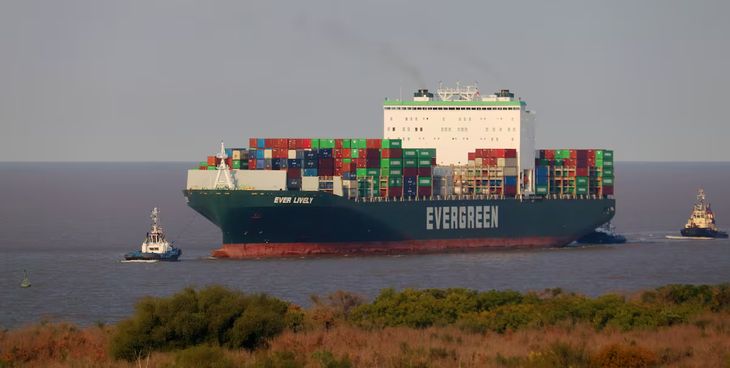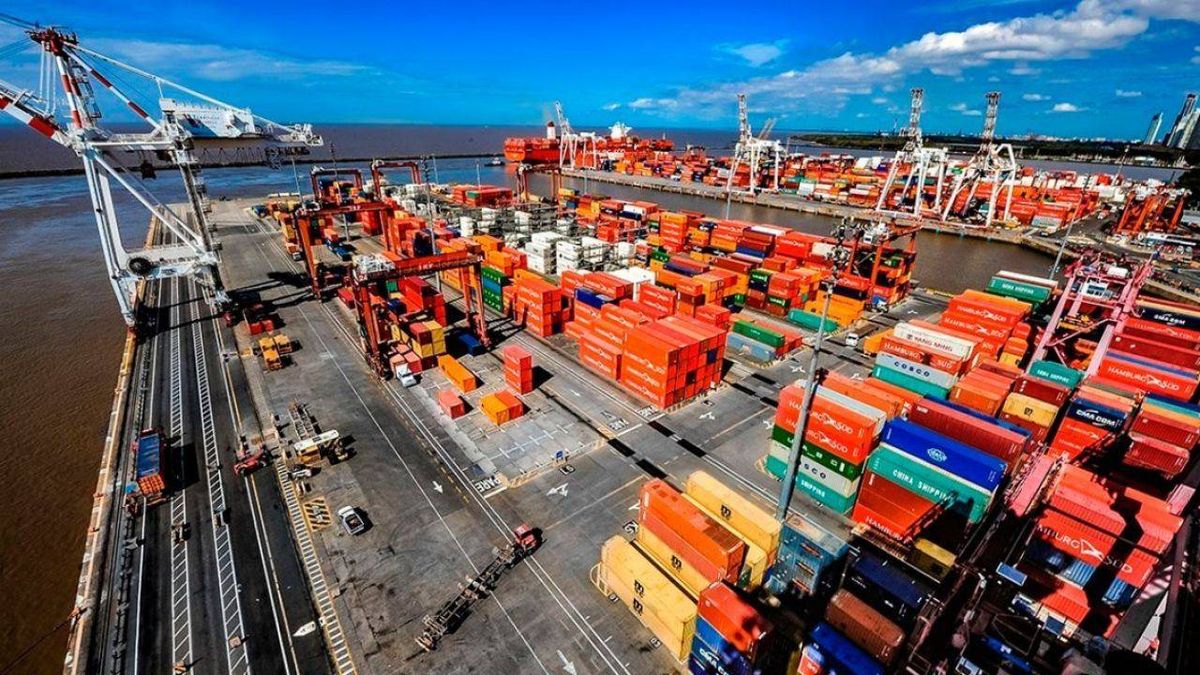More than thirty years of port reform Started in the 1990s, our regulatory framework of the activity requires An update not contemplated in the old Law 24,093where the nation has crossed the domain of the ports to the provinces preserving the power to enable these ports.
From the transfer of the domain of the national State to the provinces, today we have experiences which may be corrected with an updated regulatory framework. We don’t talk about a deregulationif not a Intelligent regulationincorporating principles into our Regulatory framework for advanced laws.
The strategic importance of our ports as the export arms of our merchandise, is seen to some extent affected by a regulatory framework which has an impact when attracting investments.
Image (1) .jpg
The lack of a common legal framework discourages investments and deepens inequalities between provincial ports.
Let’s think about it from the optics of the port operatorthe one that makes large investments to provide ships an effective and efficient service. When a port operator wants infrastructure of said port; in both terrestrial and maritime and river accesses; in matters of an economic nature that allow it Amortize your investment in time and loads that are mainly transported in said port. But in the Argentine Republic, one more variable is incorporated into those indicated, and this is The legal variable.
Following the process of decentralizationthere has been a normative proliferation regarding Use of port soils by the provincesto which, the domain of the ports was transferred (operated by the management consortiums) and where the main port terminals. This means that the weighting on the use of the figures of the permits for use (with a shorter term and essentially revocable) and the concessions of land use (greater term and revocable only with specific causes), are essential, Promoting a divestment in those ports where the use of the figure of the use permit prevails.
FJFLKAIIY5HDJMSZSQRFNSZNUQ.JPG

The decentralization of the 1990s left valuable experiences, but also normative urgencies not yet resolved.
VCG (Getty Images)
In short, The port operator It seeks not only to mobilize merchandise but also, Look for the precious legal certainty and the greatest deadlines to amortize their investments.
The limitations of the Base Law
The Base law It has given certain guarantees to investors, introducing modifications to the regime of concessions but circumscribed nationally and applicable only to the concessions of the port of Buenos Aires. However, in the remaining ports of Argentina the domain and administration of the Soils is in charge of The provinces.
This means in practice that a port has a legal regime other than its neighbor in the use of port soils, tending to be chosen by the investor that offers major Legal security
Consequently, more than thirty years of port deregulation It is necessary to think of intelligent regulation. AND A regulation as the advanced countries have done with solid port national systems, which contemplate basic principles for Put all ports on equal legal conditionsremoving this variable of the weighting of the investor.
For this it is desirable to have a New Ports Law that incorporates guiding principles in the field, such as Autofinance of the ports, the principle of specialization of loads, the necessary adoption of a master plan of port engineering, and perhaps a uniform regulation in terms of soil use.
The latter is perhaps difficult to implement since the domain of the ports has been transferred to the provinces, but could be implemented as a adhesion standard to put all the ports of the national territory on equal terms.
The national port system asks us to act in this regard, sitting and applying principles of advanced laws with solid and attractive port systems for investors.
Doctor of Administrative Law from the University of Buenos Aires, Master in Administrative Law from the Austral University and Transport and Ports Specialist.
Source: Ambito
David William is a talented author who has made a name for himself in the world of writing. He is a professional author who writes on a wide range of topics, from general interest to opinion news. David is currently working as a writer at 24 hours worlds where he brings his unique perspective and in-depth research to his articles, making them both informative and engaging.




